Prof. Dr. André Hoang
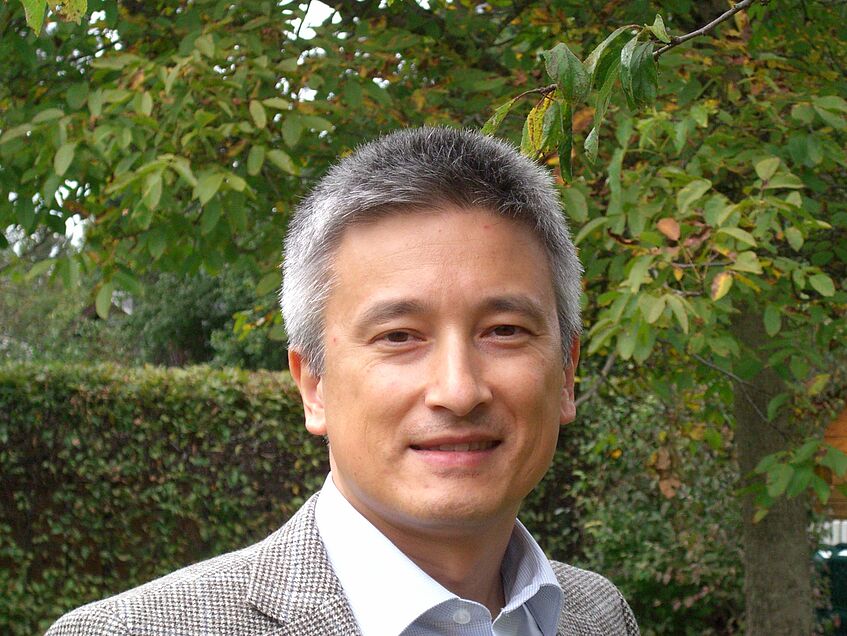
Prof. Dr. André Hoang
Quantum field theory, the combination of quantum theory with special relativity, is the theoretical basis of particle physics and the Standard Model, which describes the known elementary particles and their interactions through the strong, weak and electromagnetic forces. Even though the Lagrangian of the Standard Model can be quickly written down, getting precise predictions out of it is a difficult and extensive task as only perturbative solutions can be found. My research focuses on making such precise predictions using various perturbative methods using Feynman diagrams, renormalization group methods as well as the concept of effective theories, which are elegant quantum field theories specifically designed for specific kinematic limits. Effective theories I have been focusing on are for example non-relativistic QCD (NRQCD), Soft-Collinear Effective Theory (SCET) and Heavy Quark Effective Theory (HQET). In this context I have been working a lot on high-precision descriptions of the top quark with a particular focus on determinations of the top quark mass, and the consistent description of its finite lifetime and unstable particle effects. I am also very interested in understanding the structure of perturbation theory in quantum field theory at high orders and how perturbative methods can be controlled and designed such that the correct answer is approached as quickly as possible such that the fundamental parameters of the Standard Model can be measured accurately and with high precision.
Prof Dr. Massimiliano Procura
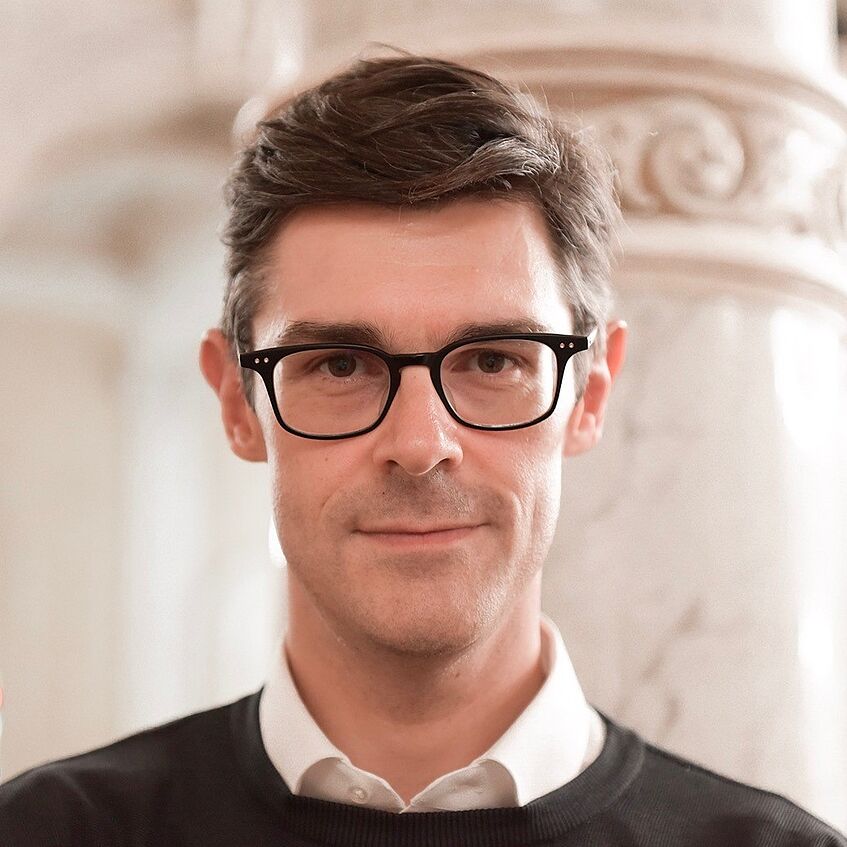
Prof Dr. Massimiliano Procura
An improved control over Standard Model theory predictions is key to best exploit the wealth of information on fundamental interactions provided by present and future high-energy collider experiments as well as highly sensitive measurements at lower energies. In this context, my research focuses on quantum field theory approaches, including effective field theories, that enable novel precision calculations with the goals to deepen and challenge our understanding of the current particle physics paradigm as well as enhance the reach of searches for physics beyond the Standard Model. I am particularly interested in developing and applying analytic methods for the high-precision determination of measurable properties of quarks, hadrons and leptons where control over strong-interaction effects plays a crucial role. My present topics of interest include applications of energy correlators to particle physics, novel insights into the mechanism of hadronization, new precision determinations of the top quark mass, transverse-momentum-dependent distributions in hadrons, high-energy factorization in the presence of strong and electroweak effects, hadronic contributions to the anomalous magnetic moment of the muon.
Prof. Dr. Josef Pradler
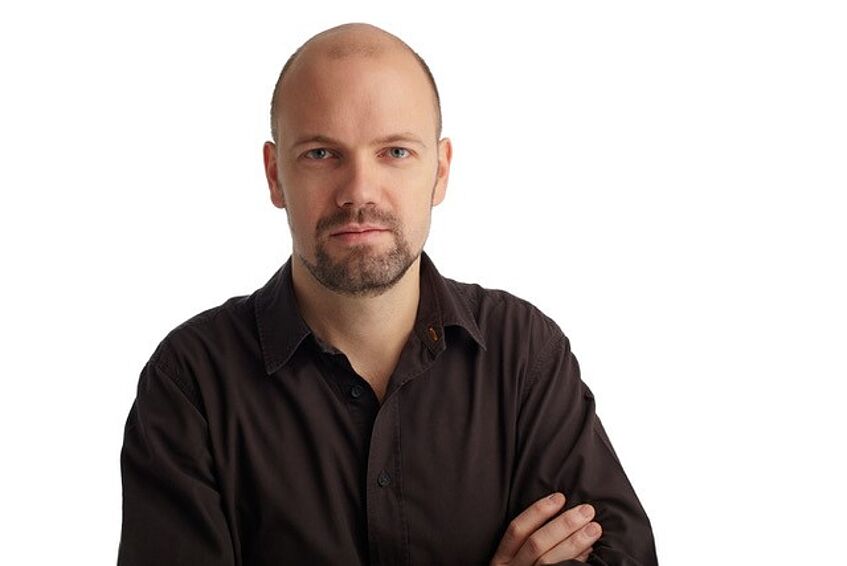
(Copyright: Markus Tordik/ÖAW)
Prof. Dr. Josef Pradler
Much of my research efforts revolve around finding novel signatures of physics beyond the Standard Model and to devise strategies to experimentally and observationally test them. I deem such work as very important as it creates new perspectives and science cases for existing and future experiments. I am also thrilled by the prospect that a non-gravitational detection of Dark Matter and a conclusive test of the paradigm is a realistic possibility within the next decade. Therefore, I am pushing my research towards the exploration of laboratory tests of Dark Matter. Astrophysical implications of new physics and the physics of the early Universe are further active lines of my research. For example, I am interested in exploring various generation mechanisms of Dark Matter and to look for cosmological and astrophysical signatures of the hidden sector.
Dr. Alessandro Broggio
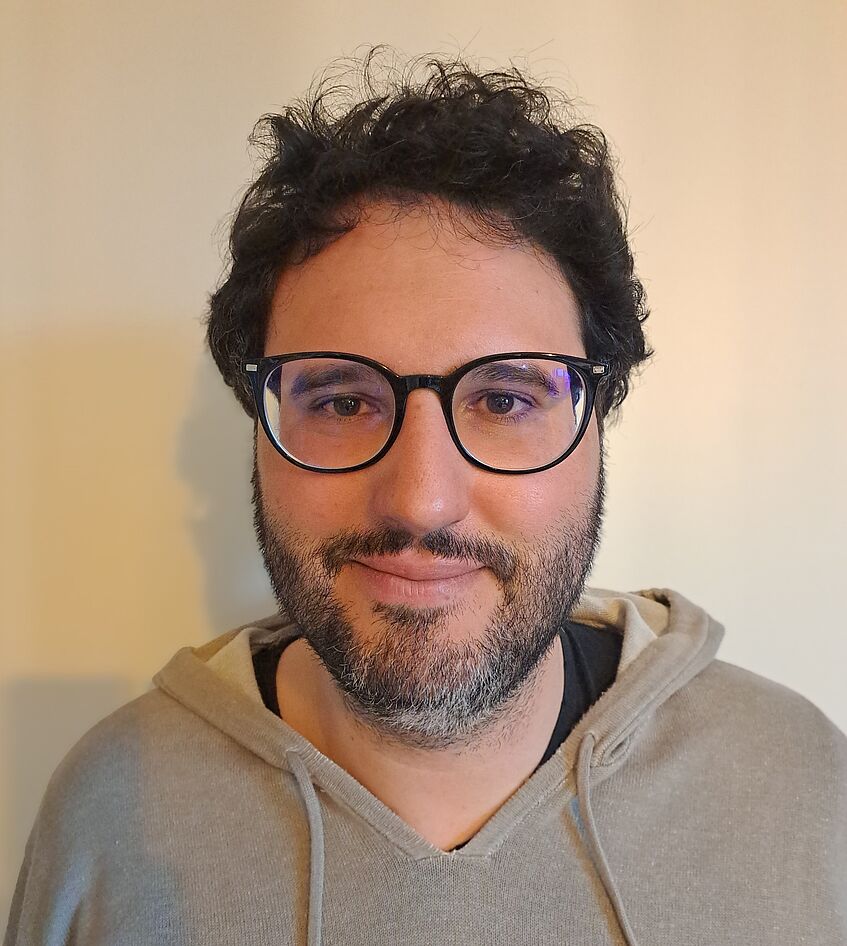
Dr. Alessandro Broggio
My research in theoretical particle physics focuses on precise predictions in the Standard Model, in its minimal supersymmetric extension and in models for dark matter. I am primarily working on precision calculations of differential cross sections by applying resummation techniques in the context of soft-collinear effective theory (SCET) for scattering processes at the Large Hadron Collider (LHC). In particular, I have been investigating higher order corrections for several elementary processes such as Drell-Yan, the production of a topquark-antitopquark pair, a topquark-antitopquark pair in association with a heavy boson, squarks and sleptons pairs, Higgs in association with a heavy boson, photon pairs, Z pairs and dark matter annihilation. I am also working on developing and extending the GENEVA Monte Carlo event generator which provides fully differential predictions by matching resummed calculations of jet resolution variables with fixed order results and parton showers.
Dr. Tyler Corbett
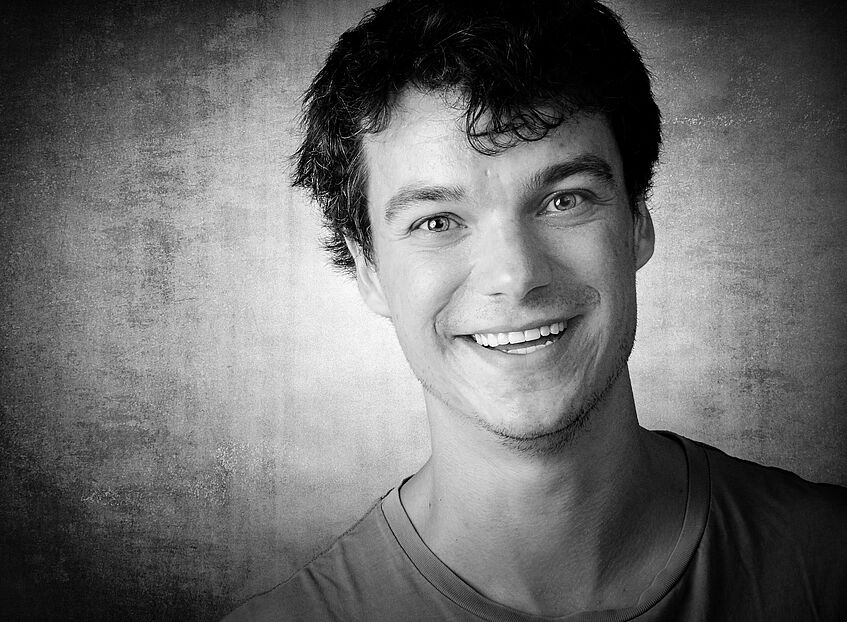
Dr. Tyler Corbett
My research focuses on using the quantum field theoretical framework of the "SMEFT” (Standard Model Effective Field Theory) in order to predict deviations in the behavior of the Standard Model particles from that predicted by the Standard Model. By comparing these predictions with experiment we hope to measure effects of physics beyond the Standard Model indirectly. Another aspect of this research is to consider the most exciting models of physics beyond the SM and to work out how they map onto the SMEFT framework. This will allow us to take measured deviations from the Standard Model visible in experimental data and to understand what kind of new physics is most likely to exist beyond the reach of modern experiments. This could ultimately lead to supporting and informing the design of next generation of collider experiments that would be able to directly produce these new particles. This research complements the precision SM research of other members of the particle physics group. The deviations from SM behavior emanating from the SMEFT framework would appear as small corrections over the particle physics group's state of the art SM precision predictions. This provides ample opportunity for prospective students to collaborate with me and other members of the group.
Dr. Simon Plätzer
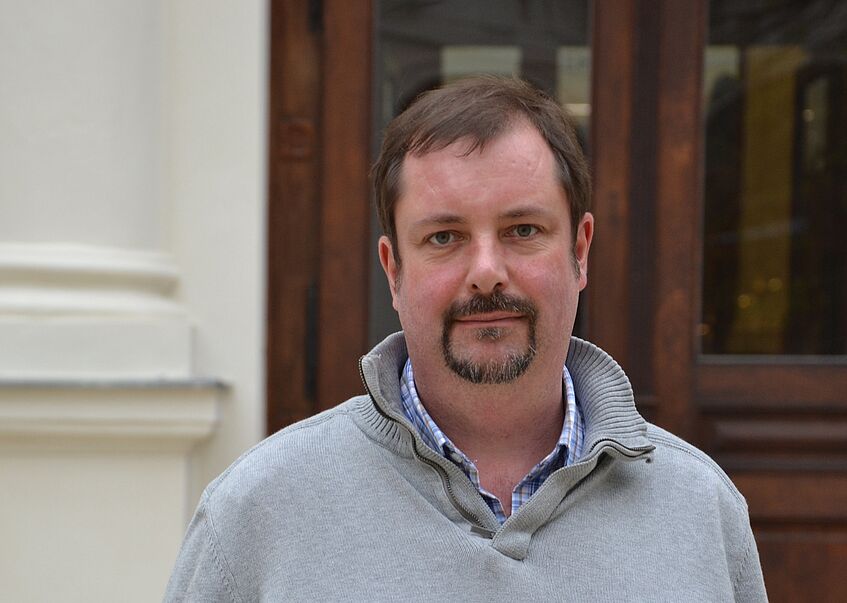
Dr. Simon Plätzer
My research focuses on the phenomenology of elementary particle reactions, centred at the interface between theory and experiment. What I am interested in is how the data acquired at particle collider experiments are telling us about the fundamental constituents and forces of nature, and how the complexity observed in high energy reactions emerges from simple building blocks. This is only possible by combining a large range of methods from analytic calculations to fully detailed Monte Carlo simulations. I apply these methods to the strong and electroweak interaction, as well as to hypothetic dark matter particles. I am a main author of the Herwig 7 simulation package and lead the development of a new event generator and resummation library dubbed CVolver, which simulates collider reactions in a manifest quantum mechanical manner.
Methods you may learn by working with me are advanced quantum field theory, Monte Carlo methods and computational physics with large computer clusters, lattice field theory, and modern group theory using bird tracks.
